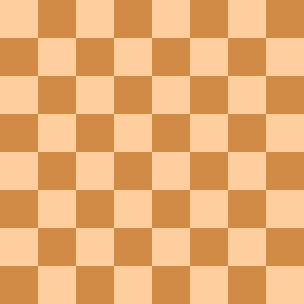Abram Gurvich
Abram Solomonovich Gurvich (Russian Абра́м Соломо́нович Гу́рвич) was a Russian composer of chess endgame studies. He was born in Baku on February 11, 1897, worked as literature and theatrical reviewer. His first chess study was published in 1926. Gurvich composed more than 100 endgame studies. Died in Moscow on November 18, 1962. At the end of the 1940s he was one of the main targets of the so-called campaign against the "rootless cosmopolitans".
A study by Abram Gurvich
Abram Gurvich
Schachmaty 1928
Schachmaty 1928
| a | b | c | d | e | f | g | h | ||
| 8 |  | 8 | |||||||
| 7 | 7 | ||||||||
| 6 | 6 | ||||||||
| 5 | 5 | ||||||||
| 4 | 4 | ||||||||
| 3 | 3 | ||||||||
| 2 | 2 | ||||||||
| 1 | 1 | ||||||||
| a | b | c | d | e | f | g | h | ||
Solution:
1. Nb6-d7 Bc7!
- (1…Bf4 2. Kg4 and 3. Kf5; if 1… Ba7, then 2. Ne5! Kg7 3. Bb2!)
2. Nd7-f8 Bc7-e5!
3. Kh3-g4! Be5-b2!
4. Ba3-c5! Bb2-d4!
5. g6-g7!! K:g7 (5... B:g7 6. Be3 mate)
6. Nf8-e6+
Works
- Этюды (Chess Studies, Russian), Moscow, 1961.
gollark: u64? This is not a float thus no.
gollark: The floats won't be for strings but individual codepoints (well, as a few bytes) so they are numbers and not not numbers.
gollark: Those will be handled separately.
gollark: This is a mere string type, it does not contain booleans.
gollark: It will use floats PROPERLY.
External links
- From Anti-Westernism to Anti-Semitism
- About one anti-patriotic group of theatre critics (from "Pravda", 28 January 1949)
This article is issued from Wikipedia. The text is licensed under Creative Commons - Attribution - Sharealike. Additional terms may apply for the media files.